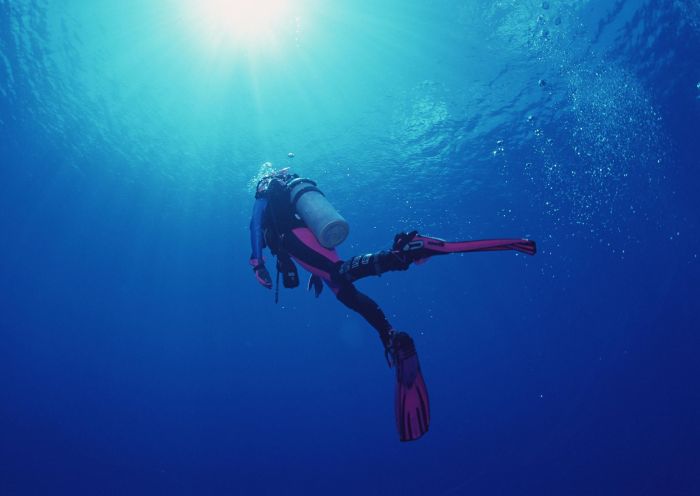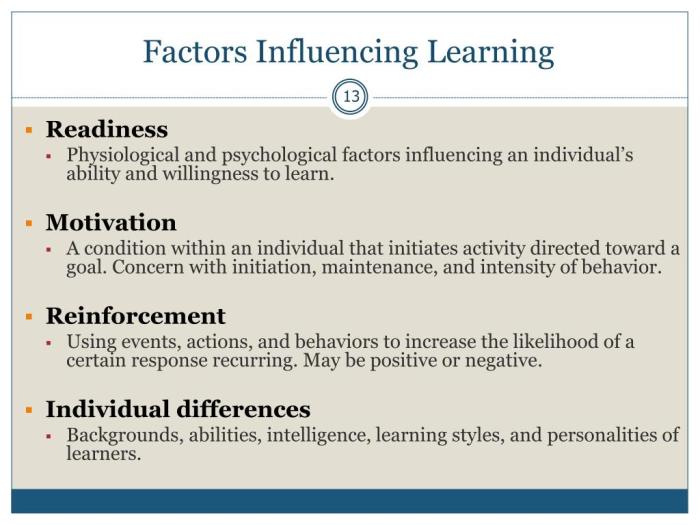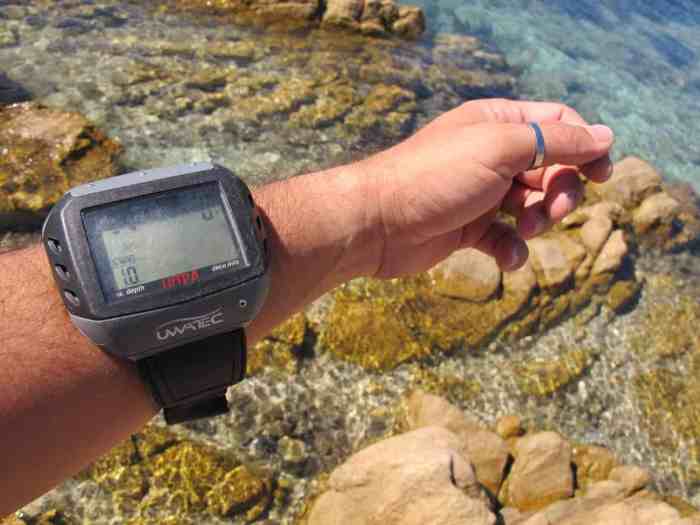Should you accidentally exceed your dive computer’s no-decompression limit, it is crucial to understand the potential consequences and take immediate action to mitigate the risks. This comprehensive guide explores the concept of no-decompression limits, the physiological effects of exceeding them, and the emergency procedures to follow in such a scenario.
Diving beyond no-decompression limits can lead to decompression sickness (DCS), a potentially serious condition that requires prompt medical attention. By adhering to dive safety protocols, divers can minimize the risk of exceeding no-decompression limits and ensure a safe and enjoyable diving experience.
Should You Accidentally Exceed Your Dive Computer’s No-Decompression Limit

Understand the No-Decompression Limit
The no-decompression limit (NDL) is the maximum time a diver can spend underwater at a given depth without needing to make decompression stops during ascent. It is calculated by dive computers based on the diver’s depth, time spent underwater, and ascent rate.
Factors that affect NDL include:
- Depth: The deeper the dive, the shorter the NDL.
- Dive time: The longer the dive, the shorter the NDL.
- Ascent rate: A rapid ascent can lead to decompression sickness (DCS).
Consequences of Exceeding No-Decompression Limit
Exceeding the NDL can result in DCS, a serious condition caused by nitrogen bubbles forming in the body’s tissues. Symptoms of DCS can range from mild (e.g., joint pain, skin irritation) to severe (e.g., paralysis, death).
Risks and complications of DCS include:
- Permanent neurological damage
- Paralysis
- Death
Emergency Procedures for Exceeding No-Decompression Limit
If a diver exceeds their NDL, they should immediately:
- Stop ascending and maintain their current depth.
- Ascend slowly and gradually, at a rate of no more than 30 feet per minute (9 meters per minute).
- Seek medical attention as soon as possible.
Prevention Strategies, Should you accidentally exceed your dive computer’s no-decompression limit
To avoid exceeding NDLs, divers should:
- Plan their dives carefully and consult dive tables or dive computers.
- Dive conservatively and within their limits.
- Use a dive buddy and follow dive safety protocols.
Key Questions Answered: Should You Accidentally Exceed Your Dive Computer’s No-decompression Limit
What are the symptoms of decompression sickness?
Symptoms of decompression sickness can include joint pain, fatigue, nausea, dizziness, and neurological deficits.
What is the treatment for decompression sickness?
Treatment for decompression sickness typically involves oxygen administration and recompression therapy in a hyperbaric chamber.
How can I prevent decompression sickness?
To prevent decompression sickness, divers should adhere to no-decompression limits, ascend and descend at controlled rates, and avoid repetitive dives.


